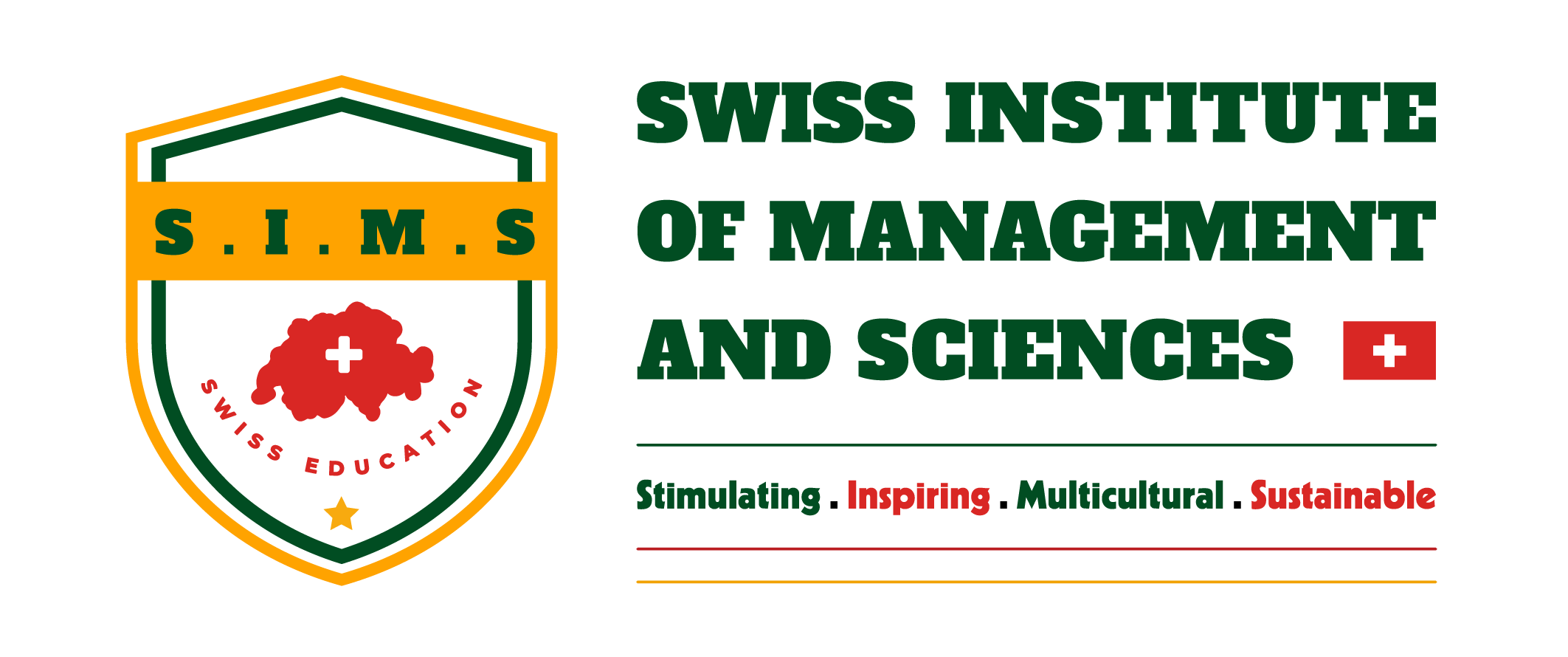
In the past, educational institutions had commonly been assessed according to their rating on the QS ranking list. In contemporary evaluations of higher education institutions and educational programs, accreditations are also taken into consideration. Hence, the inquiry pertains to the definitions and distinctions of accreditation and recognition. How can we effectively and precisely understand them?
“RECOGNITION” pertains to the formal legal status granted by a nation’s legislation. Recognized institutions are those that satisfy the criteria stipulated by national legislation and possess official authorization to confer degrees, however, an alternative terminology may be employed. According to the education policy in Switzerland, private institutions of higher education are required to get licenses from the respective Kantonal authorities. The perpetual validity of the operating license can be ensured as long as the organization is in compliance with the legal requirements of Switzerland.
“ACCREDITATION” refers to the official recognition granted by an established body, indicating that an institution or program meets specific pre-set standards of excellence. Accreditation is commonly regarded as a voluntary procedure; wherein educational institutions or programs are granted accreditation for a certain duration. Subsequently, these entities are required to seek re-accreditation at the expiration of the first accreditation period. The variations in the application of accreditation across different nations can be attributed to factors such as government intervention and the degree of voluntariness associated with the practice. In most countries, the recognition of credentials is dependent on the accreditation of the school or program. Therefore, despite the seeming voluntary nature of the process, there is limited discretion.
In several countries, educational establishments are originally authorized or licensed to function, often for a specified duration, subject to a further evaluation of the decision. Licensing and accreditation are distinct concepts, with licensing not inherently requiring evidence of quality. In order to obtain accreditation, a licensed institution is required to undergo the process of accreditation.
Qualifications granted by accredited universities are generally acknowledged. Nevertheless, certain countries have established a system based on the accreditation of programs. In such cases, it is necessary to verify the program’s status, as program accreditation should be distinguished from institutional recognition/accreditation. Put differently, it is possible for both accredited and non-accredited institutions to provide programs that lack formal recognition.
It is imperative for evaluators of credentials to verify the legitimacy of the institution and/or program that issued the credential, as well as ascertain its affiliation with the education system of the respective country. In order to ascertain if an institution or program meets the required minimum quality standards, it is advisable for credential evaluators to place their reliance on accreditation or quality assurance conducted by authorized agencies.
About SIMS
SIMS is a highly regarded institution that specialises in offering world-class education to students from all over the globe.



